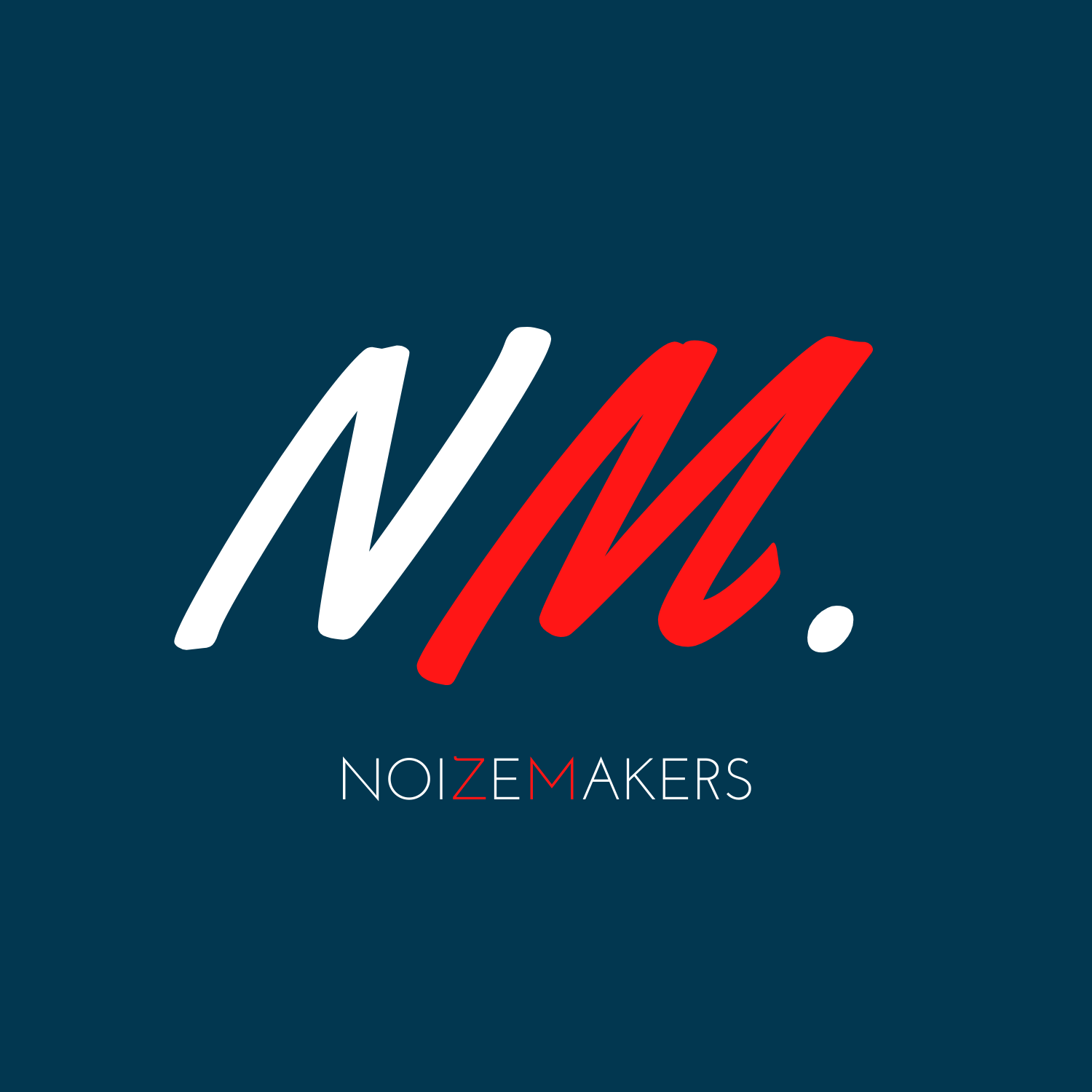Nvidia: The King of AI Chips Hits a Wall in China
When you think of AI’s rise, one name sits on top of the mountain: Nvidia. The chip giant has been printing money, breaking records, and holding a stranglehold on the GPUs that fuel everything from ChatGPT to self-driving cars.
But even kings hit roadblocks.
This quarter, Nvidia announced it won’t be selling its H20 AI chips to China. That’s a big deal. Those chips were specifically designed as a “downgraded” version to get around U.S. export bans, but now even that lane is closed off. For a company that once pulled 20–25% of data center sales from China, this freeze is more than a speed bump—it’s a reminder that geopolitics can slow even the fastest runner.
Financially, Nvidia is still flexing. They’re projecting $54 billion in revenue for the quarter. That’s insane growth, but just shy of Wall Street’s sky-high expectations. Investors love Nvidia, but they’re also nervous—if China stays locked out, that’s a big market gone.
Meanwhile, rivals like AMD and Intel smell opportunity. And China itself is doubling down on homegrown chips, trying to break free from dependence on U.S. tech.
Still, Nvidia CEO Jensen Huang isn’t sweating too much. Demand in North America, Europe, and new hotspots like the Middle East is still outpacing supply. Beyond AI research, Nvidia is moving into cloud computing, autonomous cars, robotics, and industrial tech—basically, if it runs on futuristic computing power, Nvidia wants in.
Bottom line: Nvidia is still the undisputed king of AI chips, but its latest clash with global politics shows that even the biggest players can’t escape the world stage. The real question? How long can they keep this momentum if one of their biggest markets is cut off?
